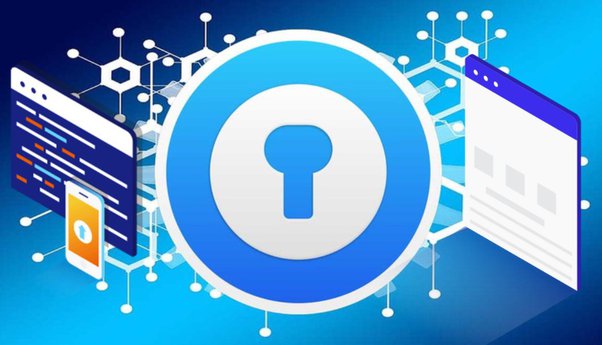How does an Anti-Detection Browser differ from a normal browser?

Although no one or anything can guarantee security, there are some ways to minimize the risk. Anti-detect browsers can provide anonymity. Similar to Google Chrome and Mozilla, these browsers can be used for anonymity. These browsers provide anonymity because they hide data and personalize users’ digital fingerprints while leaving very few traces on the internet. The browser virtually eliminates the chance of being detected. This is why we can confidently say it.
Anti-detect browsers allow you to use your digital prints for multiple accounts opening in different tabs. You can also use this method to create a multilogin alternative. Each account will have its unique set of cookies, with no shared values. Spam filters won’t recognize you as one person.
Anti-detection browsers won’t tell you if you’re using a proxy. They won’t even be able identify the characteristics of your browser for identification.
The chromium engine is used to create anti-detect web browsers. This means you won’t be seen as an individual but will rather fit in with the rest of the internet. An anti-detect browser’s UI is the same as a standard browser. This makes it easy to use and pick up. You can access your accounts from any location, without having to re-authorize.
What are the Hidden Digital Fingerprints of an Anti-Detect Browser?
Websites can monitor many variables. Cookies are one of most popular methods to obtain information. Cookies are text files that are stored on your computer by websites to save information about how you interact with the site.
Cookies are files that your browser saves every time you visit a website.
Website user preferences can include everything, from the website’s appearance to its language and security measures. These processes will help you ensure that your site runs smoothly. Advertising can also be used to deliver personalized advertisements (information about how users interact with the content).
The anti-detect browser allows you to create users without using cookies. Cookies are used to create personalized settings for you when you visit the website. Cookies allow us to track and identify your activities, so we can tell if you have been to our site before.
An IP address is a sequence of numbers that can be used to identify a device via the Internet. This program can track your IP address, account information, and physical location. A person’s IP address can be used to track their online location. This option can be modified with an anti-detect proxy and yilu proxy.
Sites regularly check the software to find out information about visitors’ browser settings. A digital fingerprint may also contain “hidden” information. These data are examined:
“User Agent” refers to the program or operating system that is used by the user.
English, Chinese and Spanish.
Timezone;
Screen resolution (color depth) and screen size
There are many HTML5-enabled technology options available. Each software is different.
You can opt out of tracking.
Fonts and their ilustrative forms (depends upon many parameters: processor and video card, preinstalled software, libraries, and other).
Websites can use this data to create an identity (sequence number) for each user. They fix this parameter for their purposes. It is amazing that anti-detection web browsers such as GoLogin exist. The Electronic Frontier Foundation found that about 90% of browsers are unique. The chances of identifying a person are very high.
Conclusion
Fingerprinting technology can be both a security flaw and an invasion of privacy and confidentiality. Many people customize their browser settings to match their preferences when they visit a website. This includes favorite fonts and plugins, bookmarks, extensions, and browser bookmarks. These pieces can be used to compare a device’s digital fingerprint with a person’s biometric information, such as their authentic fingerprints.
The Internet can uniquely identify a user without their consent or knowledge. This is more than a fantasy. This is unlikely to be the case. An anti-detect browser is required if you want to protect your personal data and multi-login.


